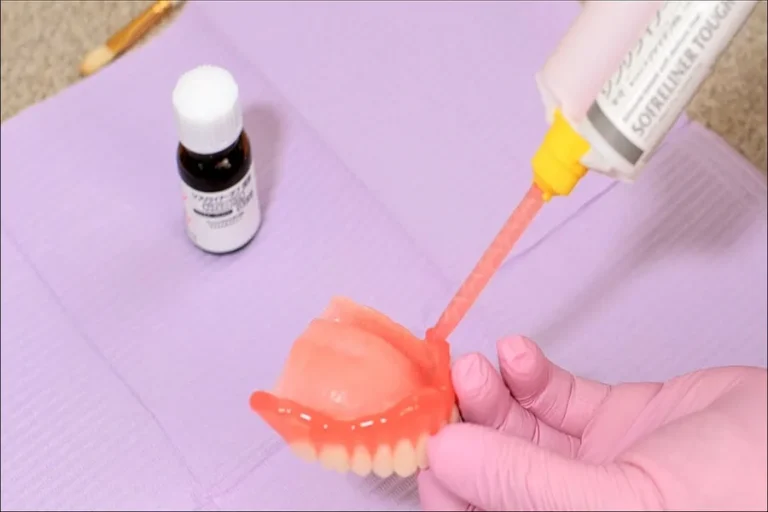Finding the right fit for your dentures can be challenging. It’s not just about appearance. Comfort and durability play key roles in your quality of life. Soft liners and hard reline materials offer different benefits. Soft liners provide cushioning. They reduce sore spots and are gentle on sensitive gums. On the other hand, hard reline materials give a more lasting solution. They are sturdy and tend to maintain their shape over time. When considering snap on dentures in Fresno, understanding these options is crucial. Both soft and hard choices serve different needs. They enhance your denture experience in unique ways. Making an informed decision helps you enjoy daily activities with less discomfort. It also ensures your dentures last longer. Understanding these differences helps you choose the best option for your needs. Embrace the journey to find comfort and durability in your denture care. You deserve both.
Soft Liners: Gentle on Gums
Soft liners provide a layer of comfort that cushions your gums. They are typically made of pliable material. This soft layer offers relief from pressure and soreness. If you have tender gums or experience frequent irritation, soft liners are a good choice. Dentists often recommend them for patients who have undergone oral surgery. They can also benefit those with uneven jawbones. The flexibility of soft liners adapts to your mouth’s changes, ensuring a more comfortable fit.
Hard Reline Materials: Stability and Longevity
Hard reline materials are known for their durability. They are made from acrylic, similar to your dentures. This makes them a solid choice for those seeking a stable fit. Hard relines offer a long-term solution as they hold their shape well. Though less forgiving than soft liners, they provide a snug fit and support for chewing. If you seek a dependable option that requires less frequent adjustments, hard reline materials are suitable. They are also cost-effective over time due to their lasting nature.
Comparing Soft and Hard Options
| Feature | Soft Liners | Hard Reline Materials |
|---|---|---|
| Comfort | Cushions gums | Firm support |
| Durability | Less durable | More durable |
| Flexibility | Adapts to changes | Holds shape |
| Cost | More frequent replacement | Long-lasting |
Making the Right Choice
Your choice depends on personal needs. Soft liners are excellent if you prioritize comfort. They soothe sensitive areas and are especially useful during denture adjustments. However, they might require replacements more frequently. Hard reline materials offer a firm fit and superior durability. They are ideal if you prefer a long-lasting solution without frequent visits to the dentist. Check with your dentist to discuss what suits your lifestyle and oral health best. This decision can improve your daily comfort and overall satisfaction.
Consider Your Lifestyle
Your lifestyle influences your decision. Active individuals might prefer the stability of hard liners. Those with softer diets might choose soft liners for gentler wear. Understanding how each option aligns with your daily activities helps in making the right choice. Consider your eating habits and any past discomfort. This ensures your choice enhances your life quality.
Conclusion
Understanding the differences between soft liners and hard reline materials is key. It helps ensure your dentures provide the best fit and comfort. Each option offers distinct benefits that cater to different needs. Consult with your dentist to determine which type aligns with your lifestyle and oral health. A well-chosen fit can improve your daily life, providing ease and satisfaction.

